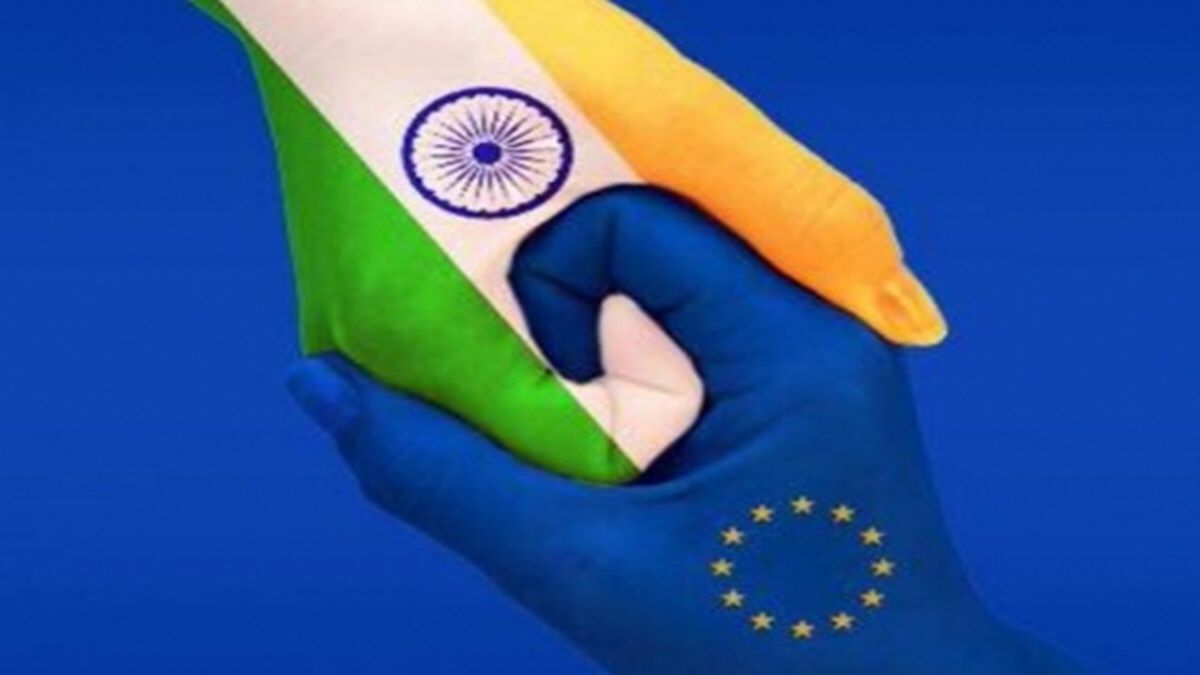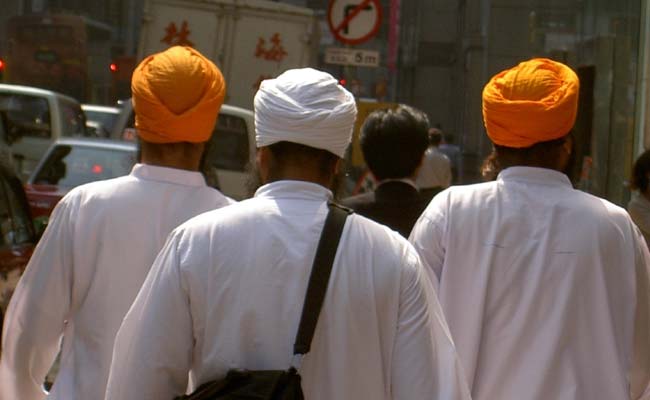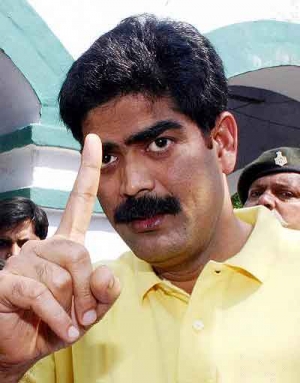India’s EFTA Trade Deal Opens New Doors for Investment, Jobs, and Global Reach

New Delhi | October 13, 2025 India’s trade relations took a major step forward on October 1 with the implementation of the Trade and Economic Partnership Agreement (TEPA) between India and the European Free Trade Association (EFTA), which includes Switzerland, Norway, Iceland, and Liechtenstein. Signed in March 2024, this deal is India’s first Free Trade Agreement with a group of developed European nations and is designed to boost investments, create jobs, and expand global market access. Under TEPA, EFTA countries have pledged to invest USD 100 billion in India over 15 years and create one million direct jobs. The investment will come in two phases—USD 50 billion within the first decade and another USD 50 billion in the next five years. The funds will support key industries such as renewable energy, life sciences, advanced engineering, digital technology, and innovation-led manufacturing. A special India–EFTA Desk has already been set up to streamline investment, support collaborations, and encourage partnerships among small and medium enterprises. The trade deal also gives Indian exporters access to new European markets. EFTA nations have removed tariffs on more than 99 percent of Indian exports, including goods such as industrial products, processed foods, and manufactured items. In return, India has granted tariff concessions on over 80 percent of EFTA’s exports but protected sensitive areas like dairy, coal, pharmaceuticals, and agricultural goods through phased tariff reductions. The services sector will also see significant gains. India has opened 105 service categories, while EFTA countries have offered access to more than 100 each. Professions like nursing, accountancy, and architecture will now benefit from mutual recognition agreements, allowing Indian professionals to work more easily in Europe. The agreement supports digital trade and mobility for skilled workers, helping India strengthen its global service presence. TEPA includes strong intellectual property safeguards, allowing India to maintain access to affordable medicines while preventing unfair patent extensions. It also promotes sustainable and inclusive trade practices, with both sides agreeing to simplify customs procedures, embrace digital tools, and support environmentally responsible growth. Agriculture, manufacturing, and traditional industries are already seeing the impact. Indian products like basmati rice, grapes, guar gum, and pulses now face lower tariffs in EFTA countries. Coffee and tea exports have become more competitive, while seafood products such as shrimp and squid have gained easier entry into European markets. Engineering goods exports rose by 18 percent in 2024–25, with further growth expected in electronics, precision tools, and renewable technology components. The textile, leather, and jewellery sectors have also benefited from duty-free access to premium markets like Switzerland. Likewise, chemicals, plastics, and glassware exports are projected to grow rapidly under reduced tariffs. Overall, the TEPA deal represents a new phase in India’s global trade journey. By combining investment, employment, and sustainable growth, it shows how India can pursue economic openness while protecting domestic interests. The agreement serves as a model for future trade partnerships with the EU, the UK, and the Gulf nations—marking a new era of growth, opportunity, and international collaboration. India’s Big Leap in Global Trade India’s trade journey just got a major boost with the India–EFTA agreement officially in action. The deal with Switzerland, Norway, Iceland, and Liechtenstein brings USD 100 billion in investments and promises one million new jobs. From renewable energy to digital tech, Indian industries are set to thrive with global support. Lower tariffs, stronger exports, and easier access for Indian professionals in Europe mark a new chapter in India’s global rise. TEPA isn’t just about trade—it’s about building a stronger, sustainable, and more connected future for India on the world stage.




